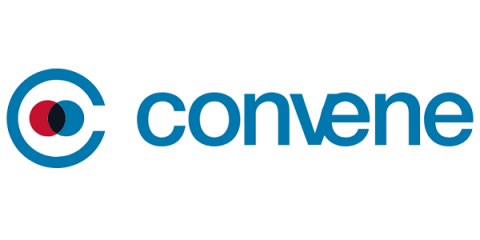Everything you need to know about collaborative meetings
In business, meetings can feel like wasted time more often than not. It’s true that no team gets anywhere without a collaborative spirit and tight lines of communication. But there’s a reason for the saying, “too many cooks spoil the broth.” Trying to engage everyone in everything with no process and structure for doing so can lead to stagnation.






